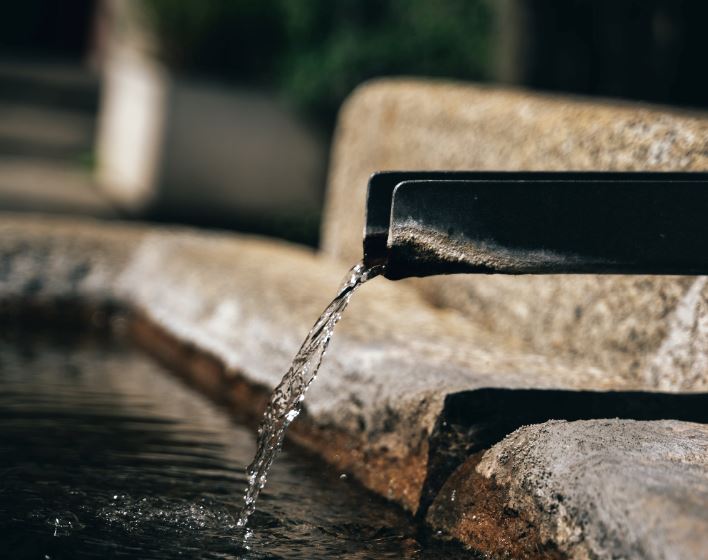Name of the project : Improving the resilience of Paris’ non-drinking water network using systemic health risk analysis: the QMRA
Type of project : Internships
Summary:
Today’s cities are undergoing multiple overarching changes that create an imbalance in how they function by directly impacting residents and urban infrastructure. To respond to these changes, cities are striving to make their infrastructure more robust and resilient. This project will focus on Paris’ non-drinkable water network (RENP), which today has the vital function of its use in the cleaning of the urban space.
One possibility for improving the flexibility of a network in the face of a demand is to equip it at multiple points of supply. In the case of the RENP, additional and already existent resources such as mine water, rainwater or gray water could therefore be used to improve resilience. However, their use is determined by their composition and end uses. Uses effectively impose both physicochemical quality constraints and health constraints.
A recent numerical method to assess this latter risk (and promoted by the WHO) is the QMRA (quantitative microbial risk assessment). Depending on the issues defined, the QMRA allows for the quantification of risks of exposure to reference pathogens through routes of exposure. The assessment therefore includes:
- definition of routes of exposure;
- quantification of each route based on the scientific data available;
- estimation of the magnitude and frequency of exposure for defined exposure scenarios.
Pathogens can be classic microbiological indicators of water such as Escherichia coli and enterococci, or any other indicator (such as viruses in crisis periods). In this respect, the objective of this internship is to assess the risks associated with the use of different types of water within the RENP network using the QMRA.
Name of supervisor(s) : Martin SEIDL (LEESU, ENPC) ; Laurent MOULIN (Eau de Paris DRDQ)
Name of student(s): Caroline MIYAZAKI (Université de Sao Paulo - Unicamp)
Start and end of the project : 15 January 2021 - 15 July 2021
Duration : 6 months

